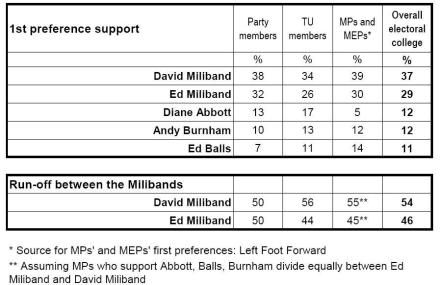The government should return the unions’ fire
The TUC is mustering in Manchester and its leaders are in bellicose mood. Brendan Barber has called for a general strike; Bob Crow, brimming with the satisfaction of having wrecked London’s transport earlier in the week, has called for his members to ‘stand and fight’ the government’s cuts. These statements have a ‘Me and my executive’ air to them, so ludicrous as to be beyond parody. But the message is rousing and clear. Not so the government’s – as Fraser argues today in his News of the World column. The government is caught in an intellectual cul-de-sac. Its sole refrain is that these cuts are Labour’s cuts and they are








